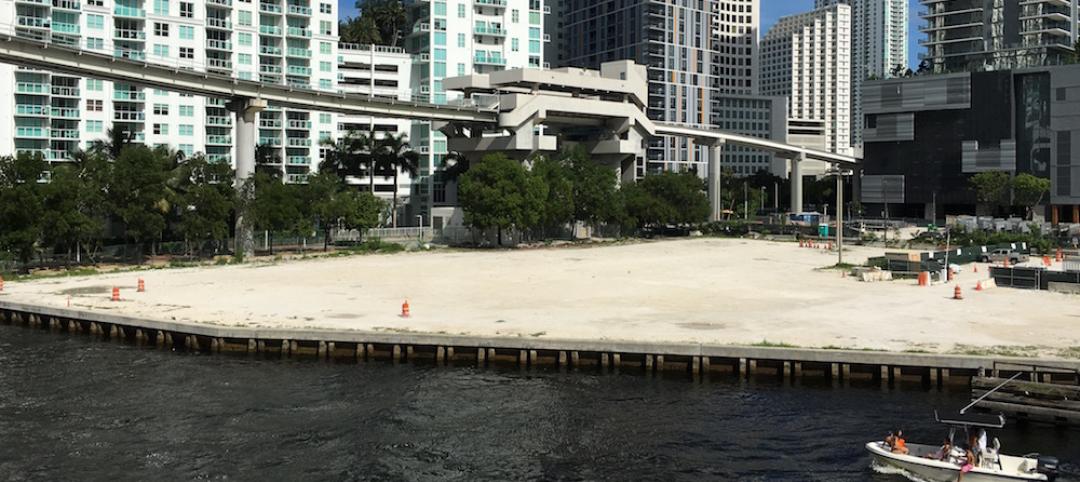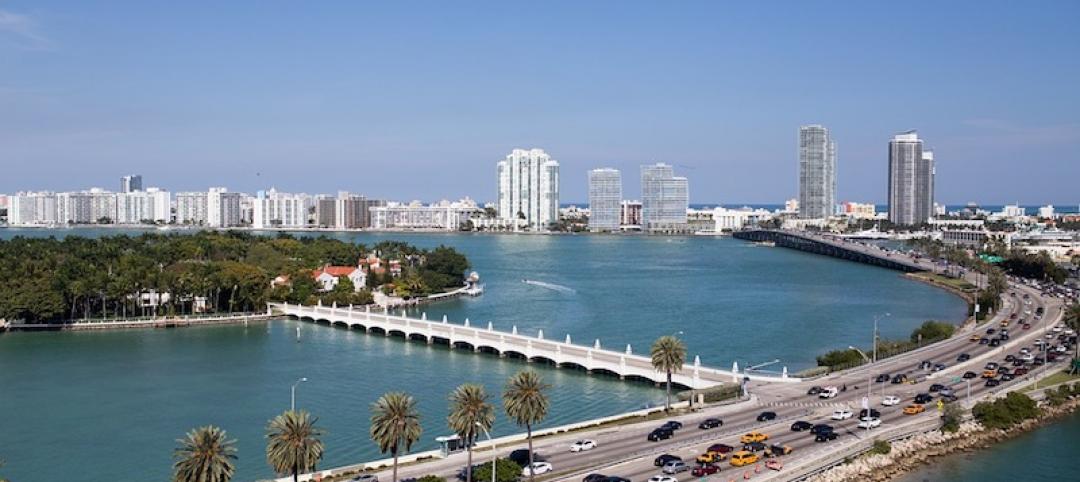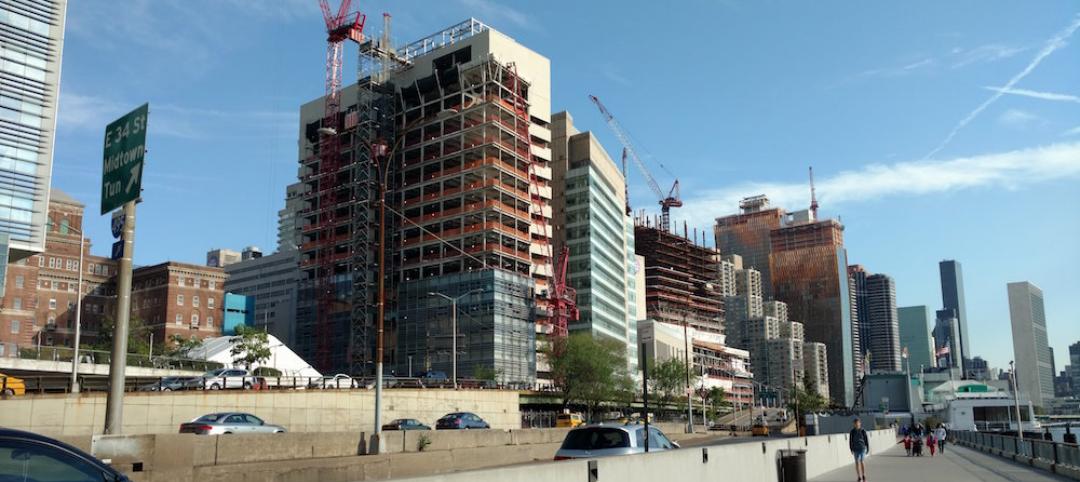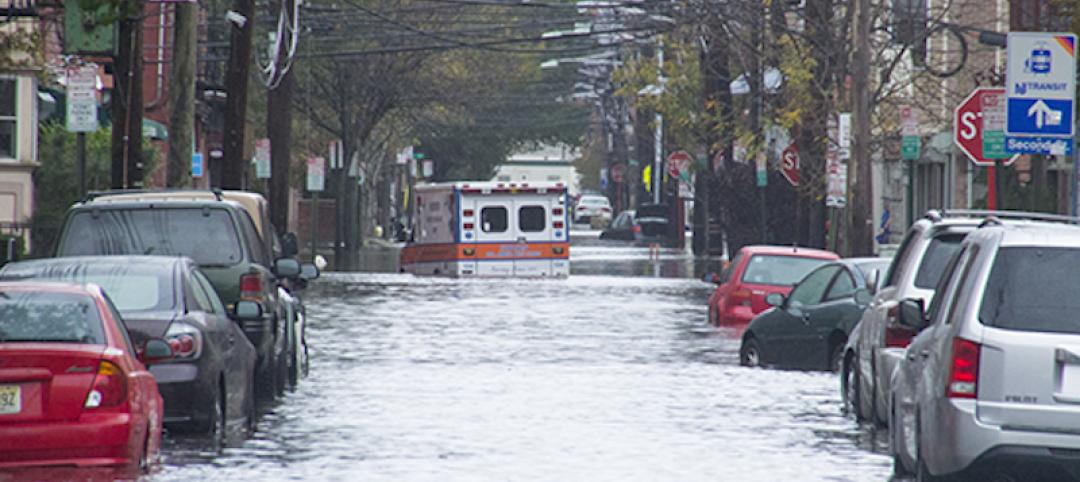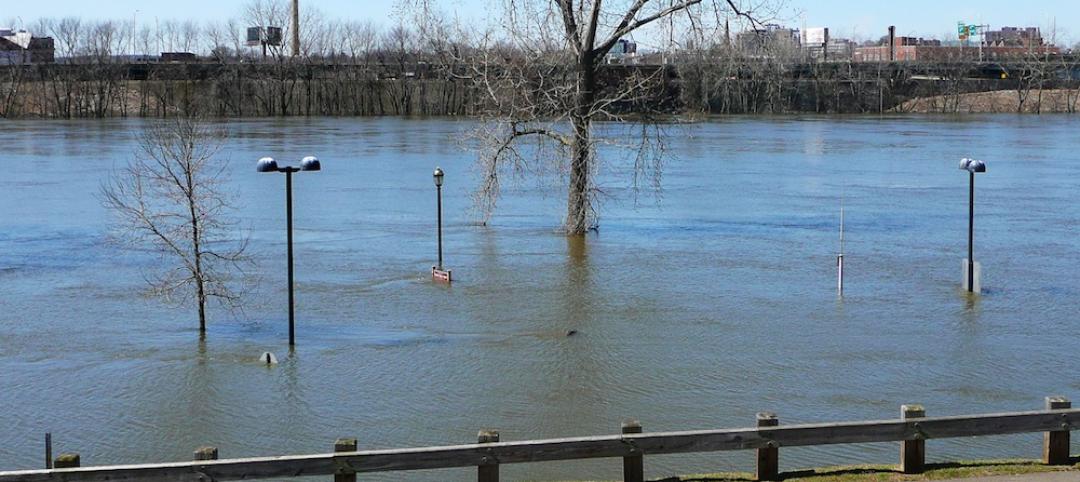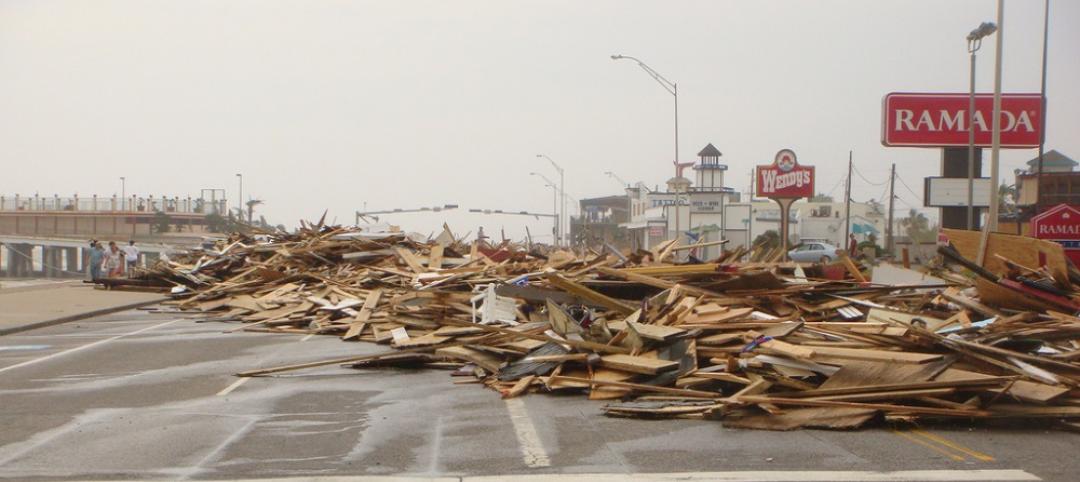The Minneapolis offices of HGA Architects and Engineers (HGA) and Perkins+Will have been approved as partners with the University of Minnesota College of Design in the Upper Midwest hub of the National Resilience Initiative (NRI) network.
Established in 2013 by the Clinton Global Initiative, the NRI network was created to help local communities prepare for the impacts of natural disasters and climate change. The American Institute of Architects Foundation, along with the AIA and the Association of Collegiate Schools of Architecture, made this announcement.
The hub will be housed within the Center for Sustainable Building Research (CSBR), part of the College of Design at the University of Minnesota.
“In the coming decades, the ability to help cities and towns address and prepare for climate change will be of paramount importance, in order to ensure the resilience and sustainability of our communities,” Tim Carl, FAIA, Chief Executive Officer, HGA, said in a statement.
HGA has a history of projects that focus on resiliency, sustainability and community engagement and is researching and implementing resilient design strategies around external risks--climate change, security risk, infrastructure disruptions, and natural disaster--that have the potential to interfere with delivery of critical services.
Dave Dimond, FAIA, Director of Design for the Minneapolis office of Perkins+Will, said his firm is eager to partner with HGA and the College of Design.
“Time is of the essence for resilience thinking to move into the mainstream of building and community design,” he said in a statement.
Perkins+Will has worked with the College of Design on interdisciplinary research and new practices that address resilience and sustainable community design. The firm led the research and development of the new global metric on resilience known as RELi. The RELi Action List & Credit Catalog is used for systematic thinking in the design of communities as they respond to weather extremes, economic disruption and resource depletion.
The Upper Midwest hub includes the School of Architecture and Department of Landscape Architecture in partnership with the Center for Changing Landscapes, the Institute on the Environment, and the Resilient Communities Project in the Center for Urban and Regional Affairs. Design Intelligence, in its 2016 America's Best Architecture & Design Schools survey, ranked the sustainable design program in the College of Design’s School of Architecture #5 in the nation.
The national NRI network consists of six university-based design centers located at the University of Minnesota, California Polytechnic State University, Hampton University, Mississippi State, The University of Arkansas, and the New Jersey Institute of Technology.
Related Stories
Seismic Design | Jul 28, 2016
Risk of man-made earthquakes now factor in seismic hazard analysis
Significant risk increases seen in some areas of the U.S.
Resiliency | Jul 27, 2016
New York’s resilience plans not taking long-term view, critics charge
Continued waterfront development may be regretted later this century.
Resiliency | Jul 18, 2016
Impact fees on development proposed to fund Miami’s rising sea level resiliency plans
$400 million flood plan includes new valves, pumps, and raised roadways.
Resiliency | Jun 1, 2016
Federal agencies boost standards for more resilient construction
HUD, FEMA, GSA, Army Corps of Engineers make policy changes.
Green | May 31, 2016
Miami Beach requires developers to meet green standards or pay a fee
Applies to structures larger than 7,000 sf.
Resiliency | May 12, 2016
Resilience Building Coalition releases progress report
The coalition released a set of guiding principles to help the building industry adopt resilient design and policies. Since the initial signing, the coalition has added 19 new signatories.
Architects | May 11, 2016
AIA to create a resilience curriculum for architects
The program will teach resilient design and decision-making on hazard mitigation, climate adaptation and community resilience.
Legislation | May 11, 2016
Two bills seek to expand flood insurance policy writing to private carriers
Thanks to new floodplain maps, this market, previously the sole province of a federal program, looks more profitable.
Resiliency | May 2, 2016
Connecticut to develop new code standards for resiliency
Expected more frequent severe weather events due to climate change prompts review.
Resiliency | Apr 6, 2016
Houston at high risk for major damage from hurricanes
After a decade of study, little has been done to improve resiliency.




